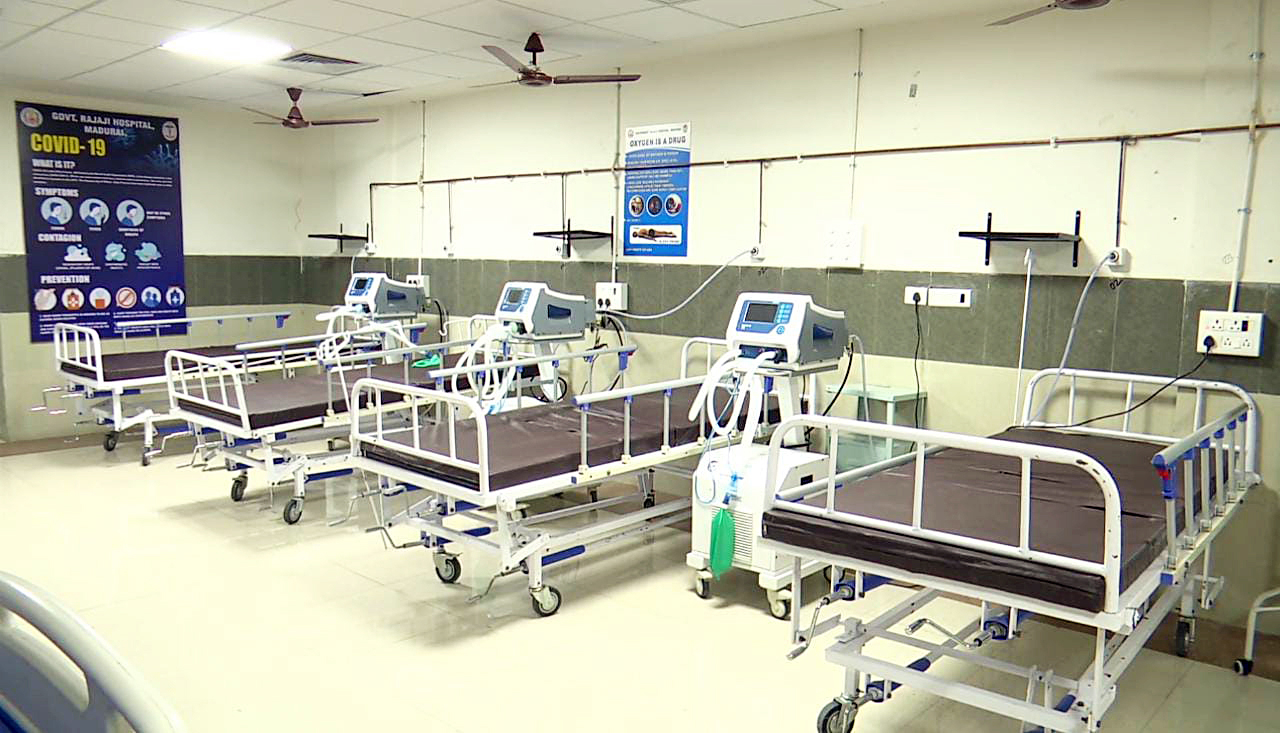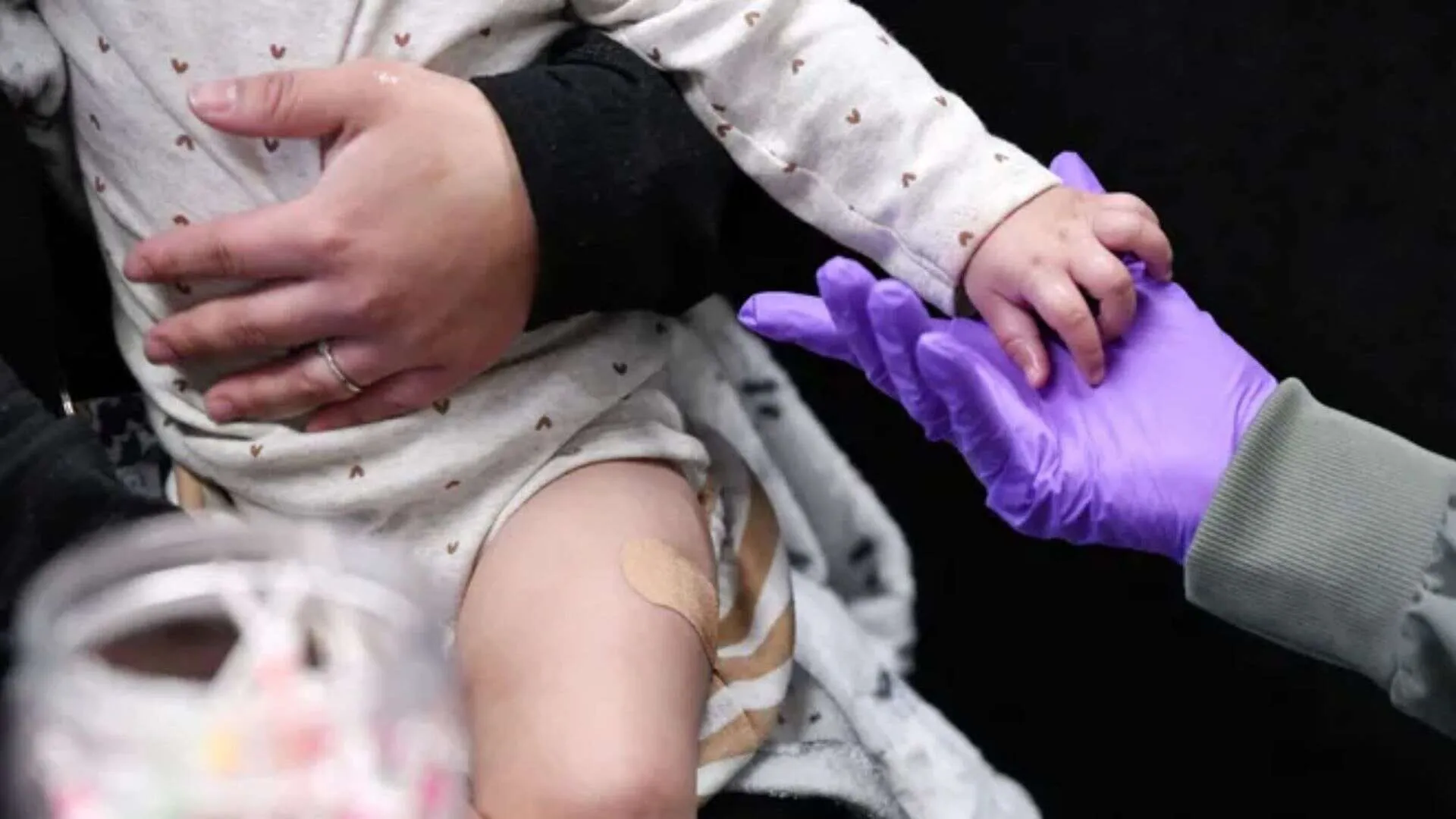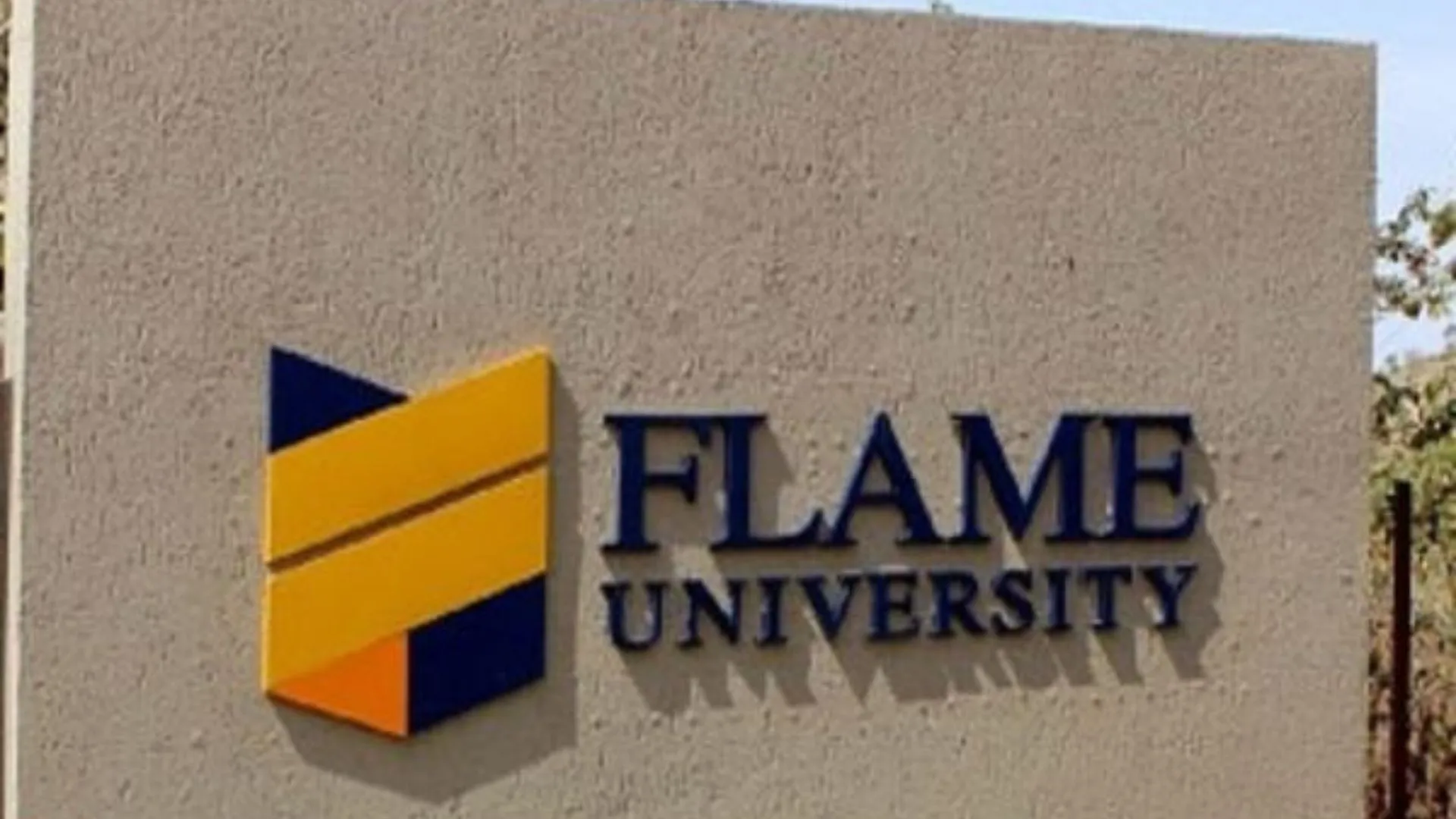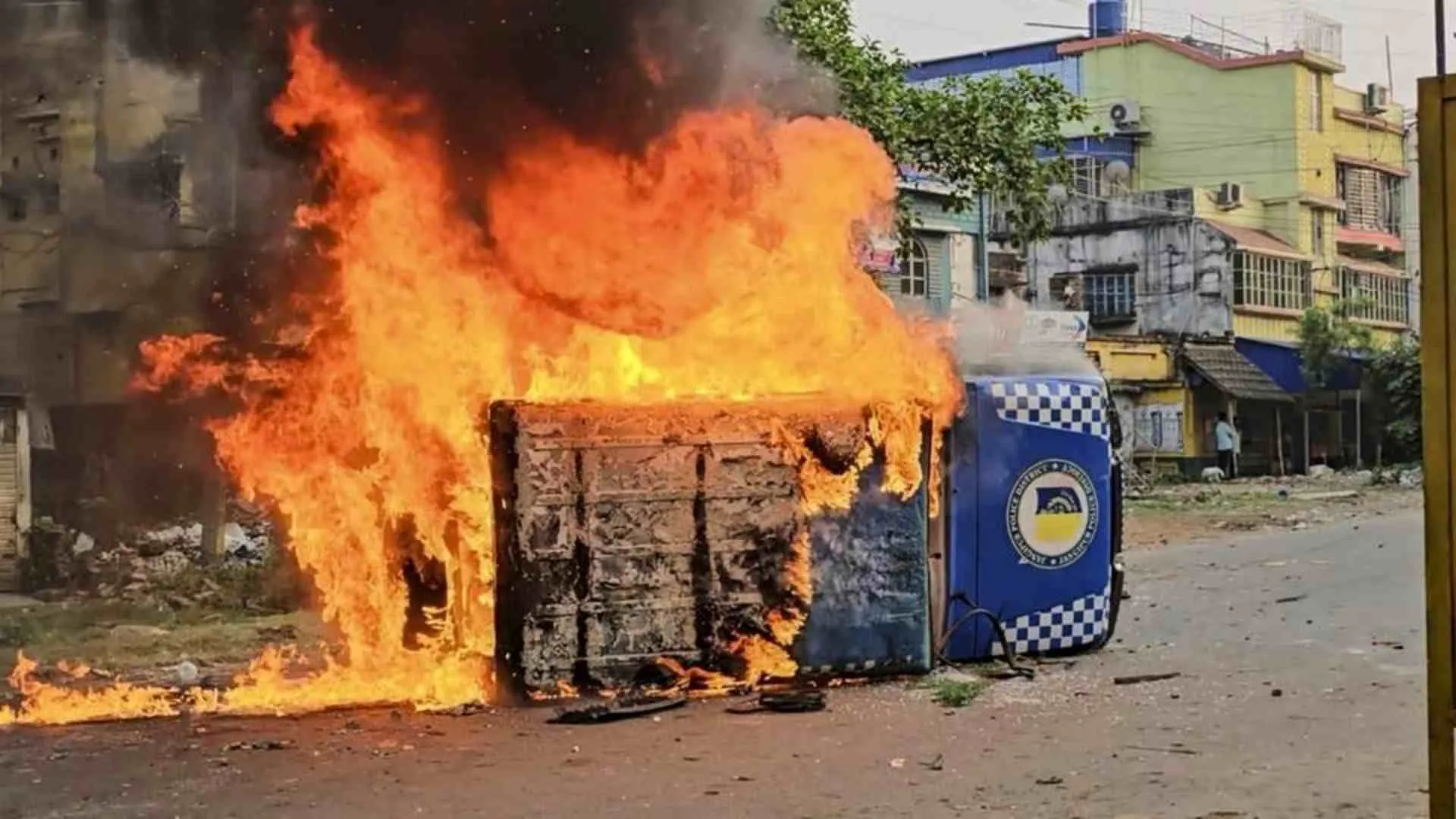Amid the evolving Nipah virus situation in Kerala’s Kozhikode district, the state government is encouraging citizens to remain cautious while assuring them that there is no need for panic. The response strategy revolves around containment, early detection, and leveraging existing healthcare protocols, refined since the virus’s first appearance in 2018. Here is a detailed update on the government’s actions and the current situation.
State Health Minister Veena George reported the various proactive steps undertaken since the detection of the first suspected cases on the night of September 11. This includes the prompt procurement of the yet clinically unproven monoclonal antibodies, the only available treatment option for the Nipah virus. These developments were revealed in a recent assembly, where the minister emphasised collective efforts to address this health concern, assuring, “We can all together deal with the issue with caution.”
The virus, characterised by its detrimental effects on the brain, has regrettably resulted in two fatalities while infecting three others in the Kozhikode district. Among the infected, a nine-year-old boy is in a critical condition, nurturing concerns and focusing treatment efforts.
Adding to the arsenal against the virus, the region now hosts South Asia’s first mobile BSL-3 lab, brought in by ICMR’s National Institute of Virology to facilitate quicker local testing, negating the earlier practice of sending samples to Pune.
The district administration is not leaving anything to chance, with the Kozhikode District Collector A Geetha announcing a temporary halt to physical classes in educational institutions, steering them towards online mediums for the upcoming two days. This preventive closure, however, exempts university exams from any rescheduling.
As neighbouring Wayanad fortifies its preventive measures through the inception of a 24-hour control room and forming 15 core committees focused on prevention and surveillance, insights reveal that the current strain of the virus, known as the Bangladesh variant, possesses a higher mortality rate, albeit with a lower transmission rate compared to other strains.
In alignment with WHO and ICMR studies highlighting the state’s vulnerability to such infections, particularly for residents in proximity to forest areas, the government urges heightened vigilance. This precautionary advice stems from the revelation that the recent Nipah cases traced back to origins within five kilometres of a jungle area.
The state, guided by experienced leaders like K K Shailaja, relies on established protocols and SOPs to contain the outbreak effectively, instilling confidence through a demonstrable preparedness refined since the 2018 outbreak.
A meticulous response plan is unfolding with containment zones being designated across various wards in Kozhikode district and the assembly of a central team comprising experts from national health institutions to assist in managing the situation.
As Chief Minister Pinarayi Vijayan chairs a high-level meeting to review and strategize the containment plans, Kerala stands united, urging its citizens to remain cautious yet optimistic, as it navigates through another health challenge, fortified by experience and collaborative spirit.
Evolving Situation
Fifth Nipah Case Confirmed
A 24-year-old health worker has emerged as the fifth confirmed case in the ongoing Nipah virus outbreak in Kozhikode, escalating concerns and spurring further preventive measures.
Treatment and Medical Response
Monoclonal Antibodies Arrive in Kerala
The treatment for those infected, monoclonal antibodies, has reached Kerala, and its application is overseen by a central expert committee. The minister assures that further actions will be guided by expert advice as the state races to contain the virus.
Infrastructure
Mobile BSL-3 Lab Now in Kozhikode
ICMR’s National Institute of Virology deploys South Asia’s first mobile biosafety level-3 laboratory in Kozhikode, aiming to accelerate the virus testing process and eliminate the need to send samples to Pune, enhancing the state’s response time in managing the outbreak.
Education and Local Response
Educational Institutions to Stay Closed
In light of the outbreak, a brief closure of educational institutions has been announced in the district, urging them to shift to online classes for Thursday and Friday, while university exam schedules remain unchanged.
Expert Insights
K K Shailaja Confident in Kerala’s Preparedness
Former Health Minister K K Shailaja iterates that Kerala is well-prepared to handle the Nipah outbreak, leveraging experiences and protocols established during the 2018 outbreak and the COVID-19 pandemic.




















